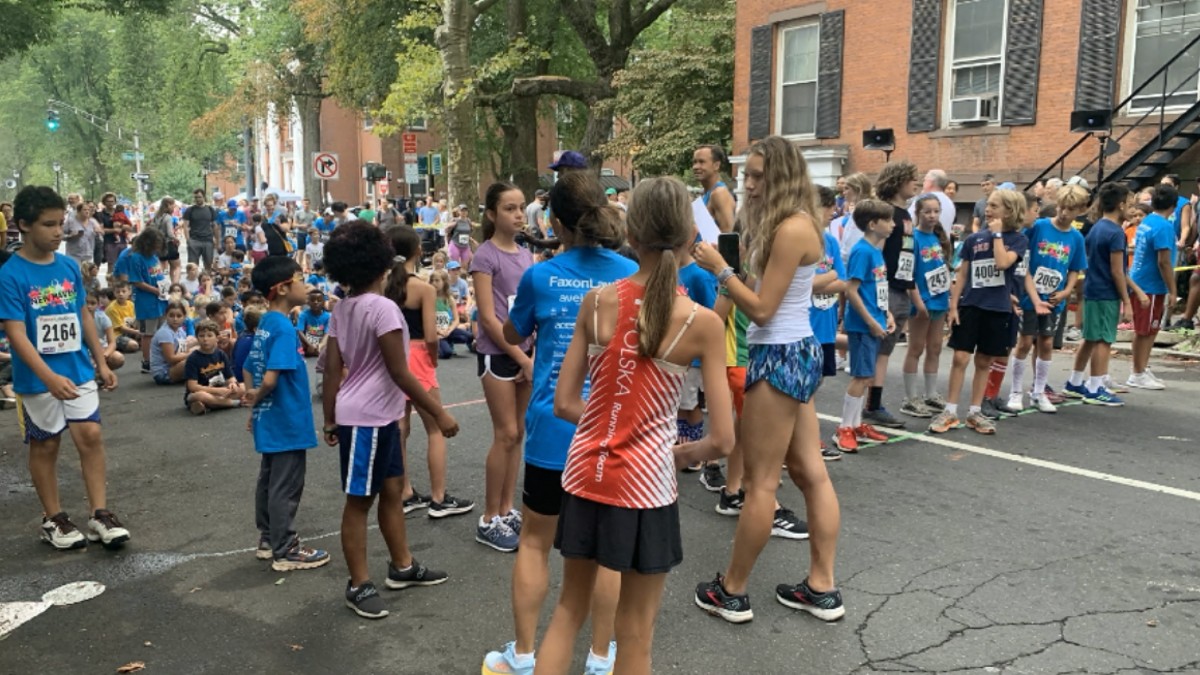Lottie B. Scott stands in front of a book case filled with pictures.
"They are all a part of my journey," she said, looking on at the many faces.
A younger version of herself, wearing a high school graduation cap, sits on the top shelf. She wears no smile in the picture, but the determination in her eyes is hard to miss.
"A long time ago," she said. "Here I am, now, 83."
Scott moved to Norwich in 1957 from South Carolina. She grew up in a segregated community, seeing hate and discrimination up close and firsthand.
"I learned what it was to be fearful, to fear for your life at a young age just getting off the school bus," said Scott.
When she decided to move to Connecticut, she hoped for change. Scott remembers thinking she would be going to the "promised land" and that people would not discriminate, but she quickly learned she would still face hurdles.
Local
"In the South they told you, 'this is your place,'" explained Scott. "In Connecticut, in Norwich, they smiled, very lovely, 'Oh I'm sorry my apartment is taken,' lying."
Scott struggled to find a place to live when she knew apartments were available and had trouble finding a job even though there were openings.
"I was one who would speak up and I haven't stopped speaking up when I feel there is an injustice anywhere," said Scott.
In 1963, the NAACP officially chartered a Norwich branch. Scott was one of 111 founding members. By the 1970s she would be sworn in as president of the organization.
"She was steadfast," said Shiela Hayes, current president of the Norwich branch.
Scott said she is most proud of her work to establish a job bank program. The job bank, which started in 1973, was designed to connect qualified black candidates with employers in the region.
After being turned away from jobs when she first moved, Scott, along with other founding members, was able to help hundreds of people gain employment.
"It was very successful," said Scott.
Hayes said that Scott was always there to ask people in power, "why not?" and "how come?"
She spoke out and worked with people in the city, eventually helping to get the first black man appointed to the Norwich Redevelopment Agency.
Hayes also recalls Scott's work to promote the arts and black artists. She said Scott would always make sure there were stories written by black authors on display at the Otis Library.
"When you saw change happening, you knew Lottie Scott was involved in that change," said Hayes.
In addition to being a civil rights activist, Scott was the chair of the Board at Backus Hospital. She also authored a book about her experiences called "Deep South, Deep North: A Family's Journey."
"And there is still more work to be done," said Scott.
Scott said that as the NAACP continues to fight against equity issues in the City of Norwich, the past will be an important guide.
"You need to know about the journey that we have had to travel to get where we are," said Scott.



